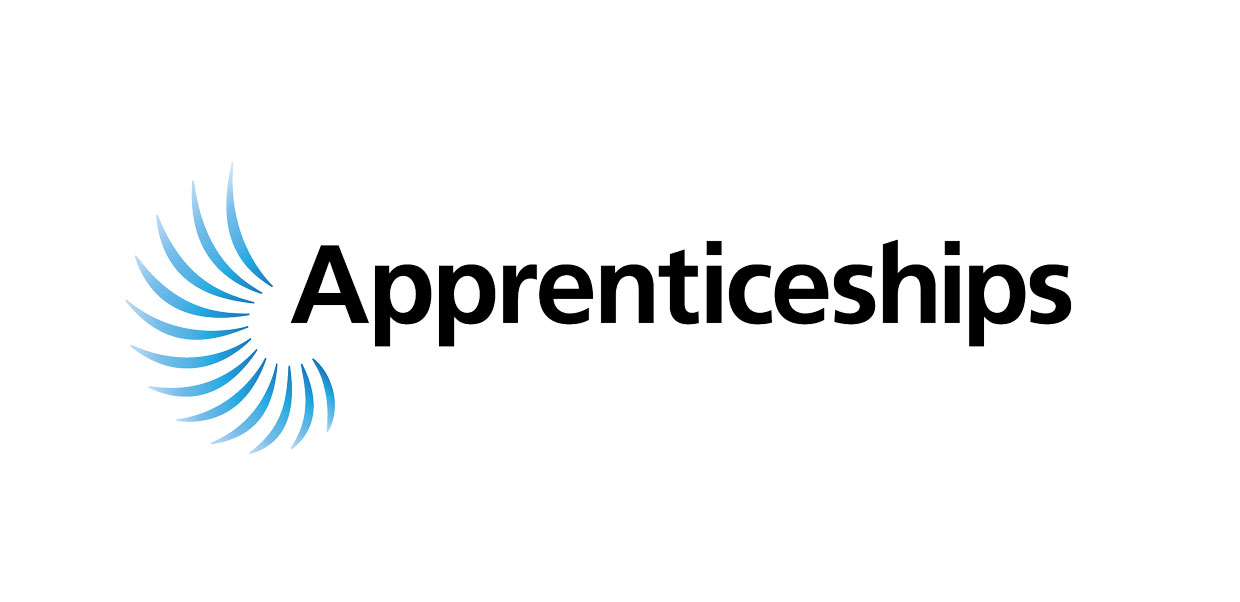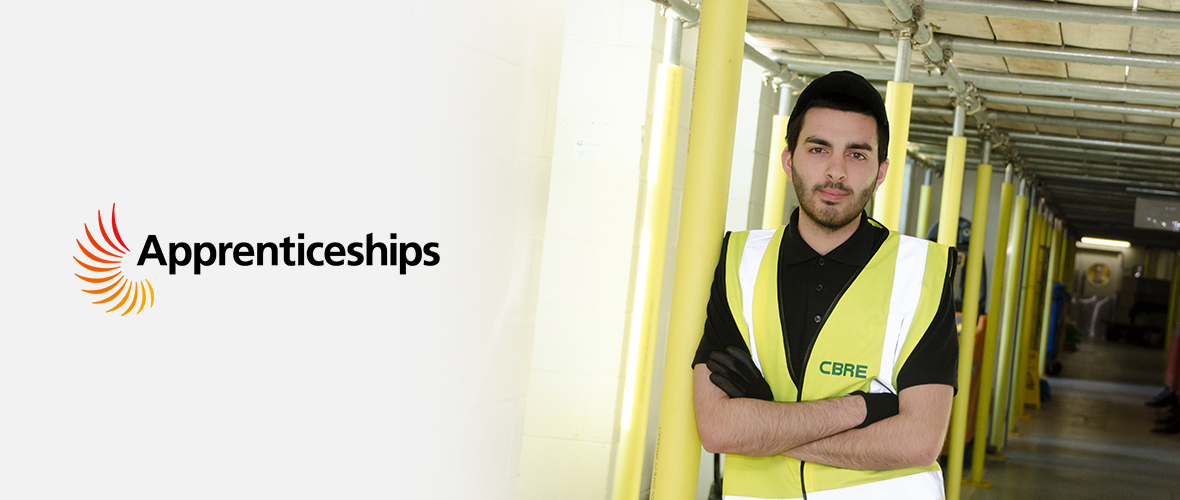
Intake Dates
October and March each academic year.
October 2024 applications have now closed.
About Finding an Employer
You MUST have an employer before you can start an apprenticeship. You can search for an apprenticeship job here.
If you don't yet have an employer you can still apply for an apprenticeship while you continue to look. We can offer you advice on how to successfully secure an apprenticeship with an employer.
Route
Construction and the built environment
Duration
Practical period - 48 months (this does not include EPA period).
Average EPA preparation period – 3 months.
Study Mode
Day release (1 day per week).
An additional half day may be required for apprentices working towards English & Maths achievement.
Entry Requirements
Minimum Requirements:
- GCSE in Maths at Grade 4 or a Functional Skills Maths Level 2 qualification.
- GCSE in English at Grade 3 or a Functional Skills English Level 1 qualification.
Apprentices who have not already achieved Level 2 in English and Maths must do so before taking the End-Point Assessment.
If you have not yet met the entry requirements above, additional support and guidance are available.
Occupation Summary
The primary role of an Electrician is to install, maintain, and repair electrical systems in industrial, commercial, and residential settings. Their work involves applying engineering knowledge and practical skills to the design, construction, and maintenance of electrical equipment, including switchboards, motors, and safety installations. Electricians also focus on renewable energy technologies and emerging systems that support low carbon targets, utilising modern construction methods, such as offsite and prefabricated components.
Course Overview
The apprenticeship standard for electricians outlines essential Knowledge, Skills, and Behaviours for safe and effective electrical work in industrial, commercial, and residential settings. Key knowledge areas include health and safety legislation, the proper use of personal protective equipment (PPE), and compliance with electrical regulations like the Wiring Regulations (BS7671). Electricians must demonstrate technical skills in installing and maintaining electrical systems, conducting fault diagnostics, and applying relevant mathematical techniques. Effective communication and customer service are vital, along with adaptability to diverse client needs. The standard also emphasises a commitment to safety, sustainability, quality, and continuous professional development, promoting the adoption of innovative and green technologies in line with industry best practices.
Mandatory Qualification:
- Level 3 Electrotechnical Qualification
End Point Assessment
The Apprenticeship End Point Assessment (EPA) is the final assessment an apprentice must complete to successfully finish their apprenticeship.
The End Point Assessment for this standard consists of the following elements:
- Observation with questions
- Interview underpinned by a portfolio of evidence
- Multiple-choice test
Progression Opportunities
Once qualified, some electricians may choose to become self-employed contractors.
After completing a Level 3 (advanced) apprenticeship, apprentices can apply to university. Many universities accept Level 3 apprenticeships, though specific entry requirements may vary.
Great, so what do I do now?
Call 01279 868240 to speak to an Apprenticeships adviser
Contact us about applying for an Apprenticeship



